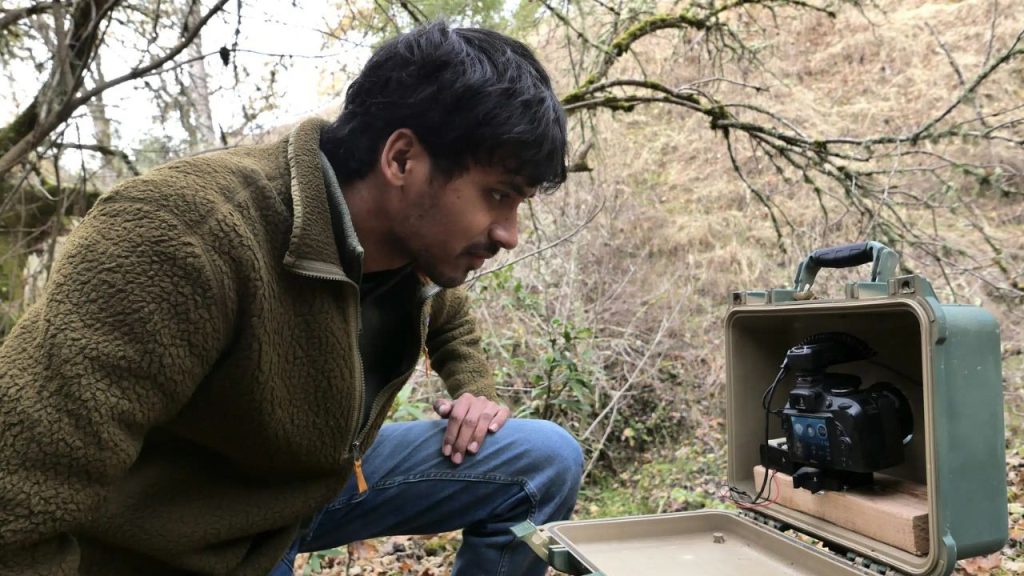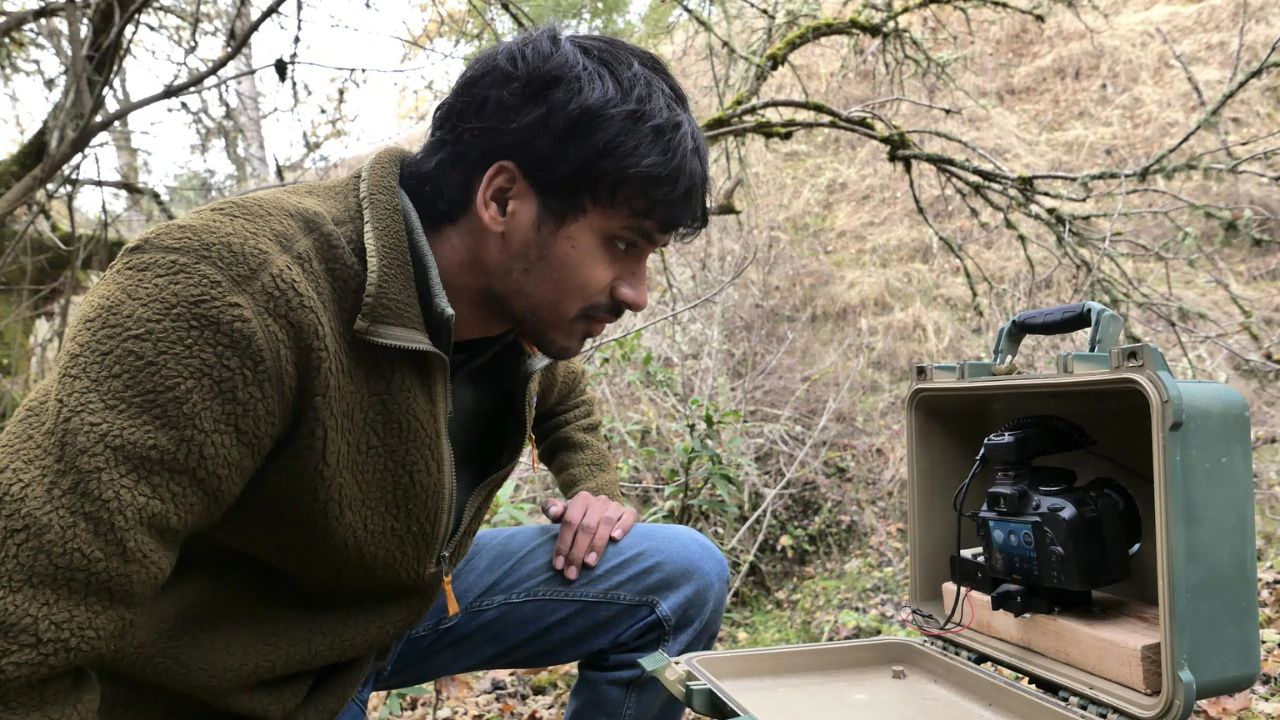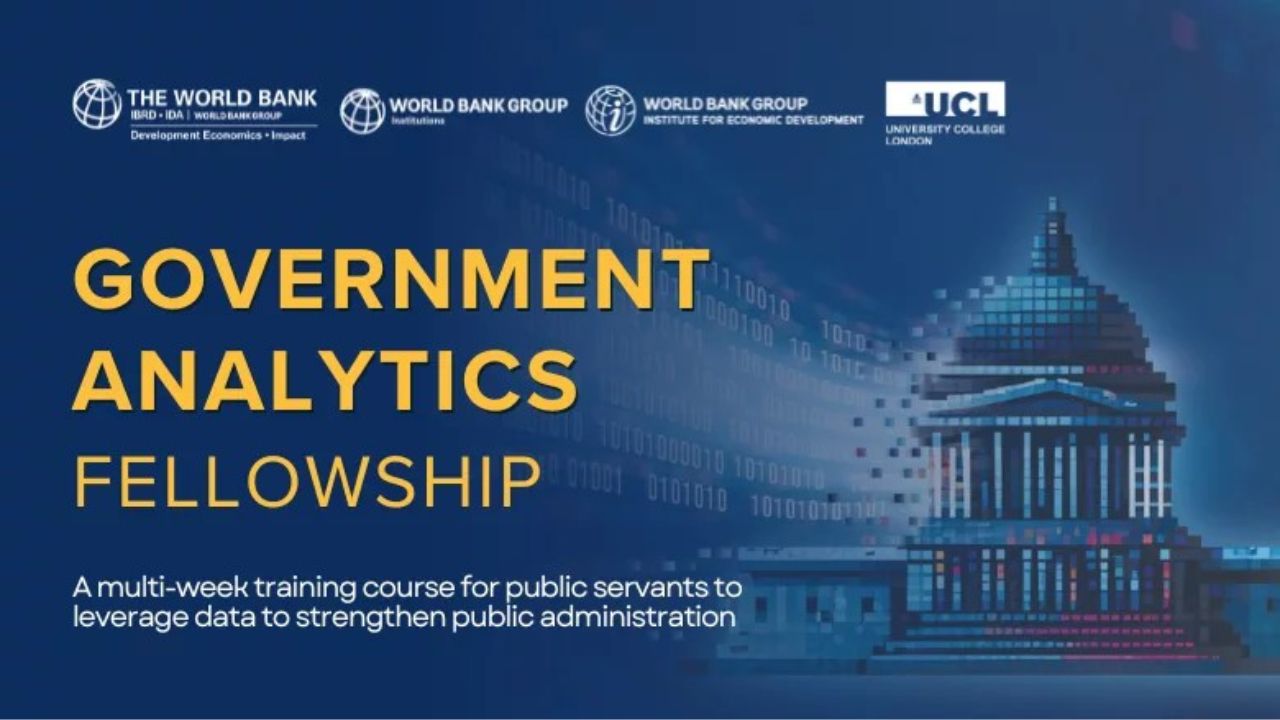The Explorers Club Rising Explorer Grant for 2025 provides funding and support for undergraduates, high school students, and independent researchers conducting field-based scientific research. The program is designed to launch careers in science by providing resources and networking opportunities for young explorers.

Overview of the Rising Explorer Grant 2025
- Funding: Awards range from $1,500 to $3,000, with the average award being approximately $1,500.
- Eligibility: The grant is open to undergraduate students, high school students, and independent researchers worldwide who are conducting scientific field research at a similar level.
- Purpose: The grant supports field science projects designed to generate new knowledge. It does not fund adventure travel or school field trips.
- Key Dates for 2025 cycle:
- Applications Open: August/September 2025.
- Application Deadline: October 8, 2025.
- Awards Announced: March 2026.
Eligible fields of research
The grant supports a wide variety of field science disciplines, including but not limited to:
- Anthropology and archaeology
- Biology and ecology
- Botany
- Earth sciences
- Environmental science
- Geography
- Marine and freshwater studies
- Paleontology
- Wildlife conservation
The Explorers Club prioritizes expeditions that address ambitious research questions over simple surveys. Uniqueness and rarity of collected data are also important considerations during review.
How to write a successful application
A strong application for the Rising Explorer Grant should showcase a well-thought-out plan for a legitimate scientific project. Here are key components to focus on:
- Project title: Keep it concise and avoid overly technical language. The objective of your project should be clear to reviewers from various backgrounds.
- Project description: Provide a clear and brief summary that includes the background, project goals, methodology, and intended outcomes. You should also address the potential impact of your project.
- Budget: Include a detailed budget outlining all anticipated costs.
- Project timeline: Clearly define the start and end dates and the various stages of your expedition.
- Methodology and location: Provide detailed information on where and how the project will be conducted.
- Letters of support: You must submit two letters of support with your application.
- Dissemination plan: Outline how you will handle and share your findings, such as through a public lecture, journal article, or paper.
- Permits and ethics: Any necessary permits or ethical considerations related to your research must be addressed.
Benefits beyond funding
Beyond the financial support, becoming a Rising Explorer offers several advantages:
- Career development: The grant is designed to provide young explorers with the resources and confidence needed to pursue careers in science.
- Membership consideration: Rising Explorers are automatically considered for Explorers Club membership, opening up opportunities for networking with professionals in the field.
- Prestige: The grant is an invitation to join a world-renowned community dedicated to field research and exploration, which has been supporting student fieldwork for over 60 years.

I’m Peter, an education content creator focused on schools and colleges. I share news, tips, and insights that help students, parents, and educators stay informed and inspired. My goal is to make learning resources accessible, engaging, and useful for everyone in the academic community.



